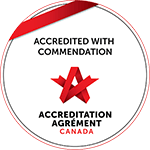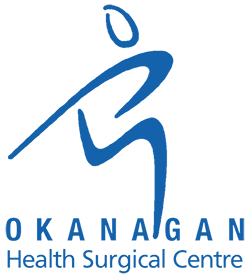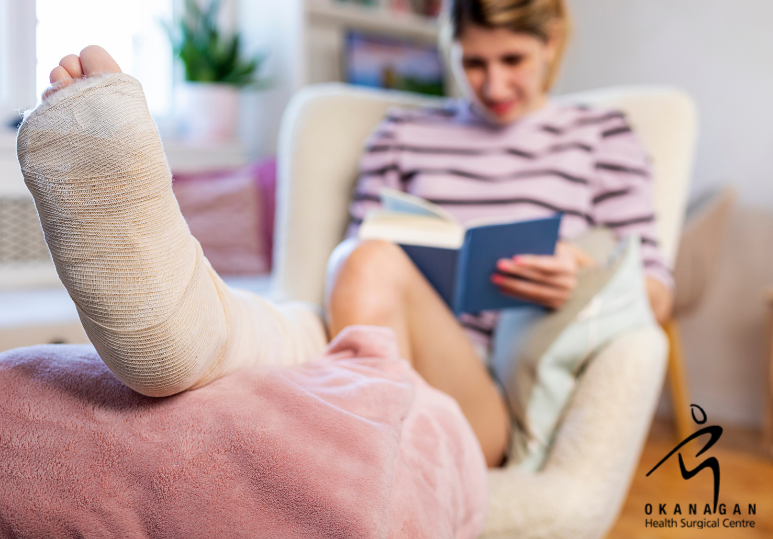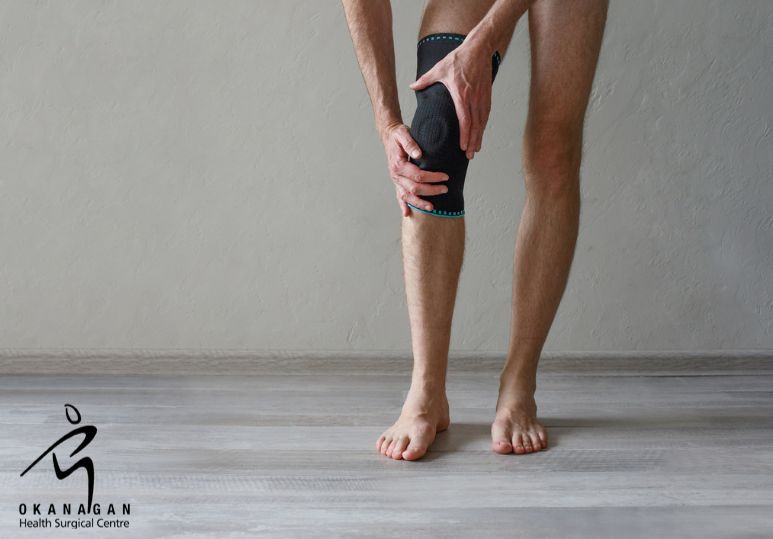Congratulations - You’re finally about to undergo orthopedic knee surgery after months or years of suffering from knee pain and injury that has stopped you from getting back to sports, playing with your kids or just enjoying life. We’re so excited for a return to normalcy for you but you’re not quite there yet. To ensure your knee surgery recovery is successful, or to give you a breakdown on what to expect during your orthopedic surgery recovery period, we have put together the following crucial do’s and dont's for recovering from orthopedic knee surgery.
If you are experiencing debilitating pain or reduced mobility in your knee, orthopedic surgery may be an option to restore normal function. While knee injuries can benefit from rest, ice or heat, and/or pain or inflammation medication, surgery may be the best treatment option for you.
You may want to talk to your orthopedic surgeon about knee surgery if you are experiencing:
- Debilitating pain in your knee
- Difficulty bending your knee or walking
If a knee injury or pain is affecting your quality of life, you should book a consultation with your surgeon immediately. During this appointment, they can assess your condition, general health, and concerns to determine if orthopedic surgery is required.
Customized Orthopedic Surgery At Our Kelowna Private Hospital
At our Kelowna private hospital, our team of board-certified surgeons are highly trained and experienced in a range of orthopedic surgeries, including shoulder, knee, and foot and ankle treatments. During a consultation at our private hospital, we can help devise a customized treatment plan that will help minimize your pain, restore mobility, and improve your quality of life.
Want to know more?
ORTHOPEDIC SURGERY AT OUR KELOWNA PRIVATE HOSPITAL
Your Guide to Recovering From Orthopedic Knee Surgery
Arthroscopic Knee Surgery
Arthroscopic Knee Surgery is generally considered the least invasive knee surgery, with most patients leaving the same day and recovering in just 6-8 weeks. It involves inserting a tiny camera into the knee area to investigate the issue’s source. Then, respective minor repairs are made. While it is less intense, there are still some crucial rules to ensure a successful orthopedic knee surgery recovery.
Anterior Cruciate Ligament (ACL) Reconstruction
ACL orthopedic knee surgery involves removing and replacing the torn ACL ligament. During this procedure, our Okanagan orthopedic surgeons skillfully reconstruct the ACL by making a few minor incisions to replace the ligament with one from elsewhere in your body or a tissue donor. Thanks to years of experience and training on the latest techniques, we can reduce pain and recovery time. Here are a few guidelines to help ensure a successful recovery after knee surgery.
Do's
Keep It Moving
Movement helps prevent blood clots, improves circulation and rehabilitates leg movement. Move your ankle throughout the day, and slowly work up to bending your knee to 90 degrees for your one-week checkup. Moving your ankles, bending your knees and even practicing straight leg raises is a great way to rehabilitate and ensure the success of your orthopedic knee surgery recovery. This doesn’t have to mean you’re confined to your home, just use crutches for the first 2-3 weeks.
Practice Self-Care
A crucial component of successful knee surgery is simply relaxing and putting your feet up (oh, and talk to your Orthopedic clinic about pain management). Now is the time to keep that knee elevated, be comfortable and catch up on the latest season of your favourite Netflix series. Just make sure to take breaks to move your ankles and knee to keep the circulation and movement flexible.
- Ice your knee to reduce swelling for the first few days; We recommend 20 minutes on and 20 minutes off.
- Elevate the leg, a few fluffy pillows propped underneath will do.
Monitor For Signs Of Fever, Blood Clots And Infection
Keeping the surgery site clean with frequent bandage changes will help keep your knee from becoming infected. It is not unusual to get a low fever of up to 38 degrees Celsius. Still, it’s never a bad idea to contact our Okanagan orthopedic surgery clinic if you show fever signs.
Don’ts
- Ignore unusual symptoms such as acute pain in your calf, which could be a sign of clotting.
- Shower normally until your return to our Kelowna orthopedic clinic to remove the sutures from your knee surgery (sponge baths only!)
- Weight-bear on your knee too early unless in guided physiotherapy
- Head to the swimming pool or go running for at least five months (some modified swim strokes using arm pull only may be acceptable at 2-3 months)
- Avoid weight-bearing exercises unless in physiotherapy: To ensure a successful orthopedic surgery recovery, don’t try to do too much, too soon. Simultaneously, you’ll be tempted to slack on those rehabilitation and physical exercises but remember these are essential to proper knee function and recovery. Doing the wrong ones can be just as harmful, if not worse, than doing nothing.
Contact Us
If you are experiencing chronic and debilitating knee pain and you want to get back on track to a healthy and happy life, our team of surgeons can help! To find out more about how our orthopedic surgeries can aid in improving your strength, flexibility, and well-being, contact our Kelowna private hospital at 250-868-9799 or fill in our online form.
FAQs
Q. How soon can I return to work after orthopedic knee surgery?
You may be able to return to work within a few weeks if you're able to sit and are off your feet most of the time. For most patients who have a physically demanding job, or are required to be on their feet, this can range from 6 weeks to 6 months. It is always best to consult your orthopedic doctor to find the best timeline for your lifestyle.
Q. How soon can I expect to walk and run?
You should expect to use crutches to assist you to walk for the first week or two, but you may able to walk on your own briefly by the third or fourth week. By 3 months, you will start to regain normal movement but should avoid running for 5 months and a proper physiotherapy assessment. It can take anywhere from six months to a full year or even more, depending on each individual patient until you are back to 100%.
Q. My knee seems healed. Why do I have to follow the recovery timeline?
Even though your knee may start to regain function and feel great, the reality is that it takes time for ligament grafts and structural repairs to properly integrate and heal. If the graft becomes displaced, the cells can actually die, and the surgery can be made futile. Comparatively, if any structural repairs have not fully healed they may be weaker and susceptible t becoming broken, displaced and disconnected, and you may require surgery to correct these repairs.






